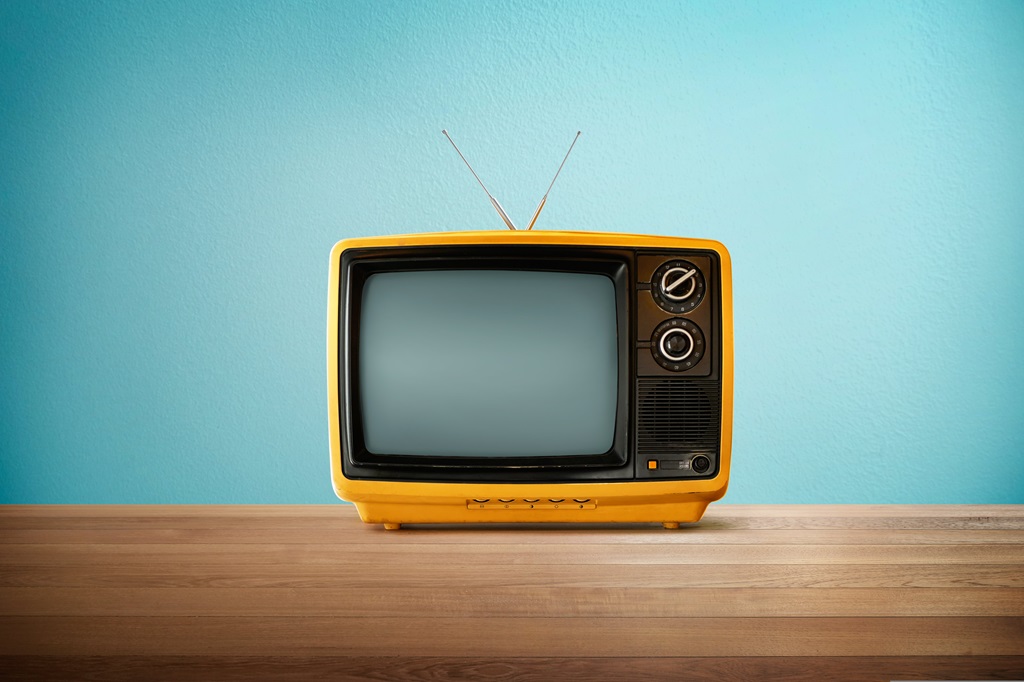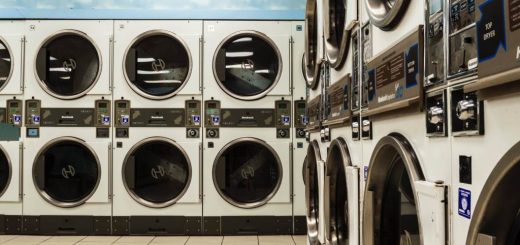Is It Time to Upgrade or Repair Your TV? Know the Signs
In today’s rapidly evolving technological landscape, televisions have become an integral part of our lives, serving as windows to entertainment, information, and connectivity. But as with any complex electronic device, televisions are prone to wear and tear, leading to the inevitable question: is it time to upgrade or repair your TV? This comprehensive guide aims to equip you with the knowledge to make an informed decision, exploring the telltale signs of TV troubles, the factors to consider when choosing between repair and replacement, and the cost implications of each option.
Identifying the Warning Signs
Before delving into the repair versus replacement dilemma, it’s crucial to identify the symptoms that might suggest your TV is in need of attention. Some of the most common warning signs include:
- Visual Anomalies: If you notice persistent issues with the picture quality, such as blurry images, distorted colors, or dead pixels, it could be a sign of internal problems.
- Audio Problems: If the sound quality is compromised, with distorted audio, crackling noises, or complete sound loss, it’s likely an indication of speaker or internal component issues.
- Connectivity Issues: If your TV struggles to connect to Wi-Fi, Bluetooth, or external devices, it might suggest a problem with the internal network or connectivity modules.
- Power Problems: If your TV experiences frequent power fluctuations, fails to turn on, or shuts off unexpectedly, it could be a sign of power supply issues.
- Physical Damage: If your TV has sustained physical damage, such as a cracked screen or damaged ports, it’s essential to assess the extent of the damage and its impact on functionality.
Repair or Replace: Key Considerations
Once you’ve identified the problems with your TV, the next step is to decide whether to repair or replace it.
Several factors come into play in this decision-making process:
-
Age of the TV
: The age of your TV is a critical factor to consider. If your TV is relatively new, still under warranty, and the repair cost is reasonable, repairing it might be the more economical choice. However, if your TV is nearing the end of its lifespan, upgrading might be a more sensible option, allowing you to benefit from the latest technological advancements and energy efficiency improvements.
-
Cost of Repair
: The cost of repair is another crucial factor. If the repair cost is significant, approaching the price of a new TV, it might be more financially prudent to invest in a new one. However, if the repair cost is relatively minor, repairing it might be the more cost-effective solution.
-
Severity of the Problem
: The severity of the problem also plays a role in the decision. If the problem is minor and easily fixable, repairing it might be the logical choice. However, if the problem is complex, requiring extensive repairs or replacement of major components, upgrading might be the more practical option.
-
Technological Advancements
: The rapid pace of technological advancements in the TV industry is another factor to consider. If your TV is outdated, and lacking the latest features and capabilities, upgrading might be a more attractive option, allowing you to enjoy a more immersive and technologically advanced viewing experience.
-
Energy Efficiency
: Energy efficiency is an increasingly important consideration. Newer TVs tend to be more energy-efficient than older models, potentially leading to significant cost savings in the long run. If your TV is an energy hog, upgrading to a more energy-efficient model might be a wise choice, both for your wallet and the environment.
Cost Implications
The cost implications of repairing or replacing your TV can vary depending on several factors, including the brand, model, age, and severity of the problem. Generally, repairing a TV tends to be less expensive than replacing it, especially if the problem is minor and easily fixable. However, if the repair cost is significant or the TV is nearing the end of its lifespan, upgrading might be the more economically sound option.
Related: Cracked Screen Disaster: Repair or Replace?
When Repair Makes Sense
Repairing your TV might be the more sensible option in the following scenarios:
- Minor problems: If the problem is minor, such as a faulty remote control, a loose cable, or a simple software glitch, repairing it yourself or seeking professional help might be the most cost-effective solution.
- Warranty coverage: If your TV is still under warranty, repairing it might be the most economical choice, as the manufacturer might cover the repair cost or even replace the TV altogether.
- Sentimental value: If your TV holds sentimental value or you’re simply not ready to part with it, repairing it might be the more emotionally satisfying option.
When Upgrade Makes Sense
Upgrading your TV might be the more sensible option in the following scenarios:
- Major problems: If the problem is major, requiring extensive repairs or replacement of major components, upgrading might be the more practical and cost-effective option.
- Outdated technology: If your TV is outdated, and lacking the latest features and capabilities, upgrading might be the more attractive option, allowing you to enjoy a more immersive and technologically advanced viewing experience.
- Energy inefficiency: If your TV is an energy hog, upgrading to a more energy-efficient model might be a wise choice, both for your wallet and the environment.
- Desire for the latest features: If you crave the latest features and capabilities, such as 4K resolution, HDR, smart TV functionality, or voice control, upgrading might be the more fulfilling option.
Related: Does your TV aerial have problems?
Conclusion
The decision to repair or upgrade your TV is a complex one, requiring careful consideration of various factors, including the age of the TV, the cost of repair, the severity of the problem, technological advancements, and energy efficiency. By weighing these factors and evaluating the cost implications, you can make an informed decision that aligns with your needs, budget, and technological aspirations. Whether you choose to repair your trusty companion or embrace the allure of a new technological marvel, the ultimate goal is to enjoy a seamless and enriching viewing experience that enhances your life and keeps you connected to the world around you.
Additional Tips
- Consult a professional: If you’re unsure whether to repair or replace your TV, consult a professional technician for an expert assessment and advice.
- Research new models: If you decide to upgrade, research the latest TV models and features to find the one that best suits your needs and budget.
- Consider extended warranties: When purchasing a new TV, consider investing in an extended warranty for added peace of mind and protection against unexpected repairs or replacements.
- Dispose of your old TV responsibly: If you decide to replace your TV, dispose of your old one responsibly by recycling it or donating it to a charitable organization.
Remember, the decision to repair or upgrade your TV is ultimately yours. By arming yourself with knowledge and considering the factors outlined in this guide, you can make a confident and informed decision that maximizes your viewing pleasure and minimizes your financial burden. To further enhance your TV’s longevity, you might also want to explore Sevenfrigo’s review on how to make your TV last longer. Happy viewing.













